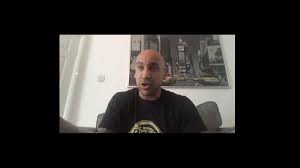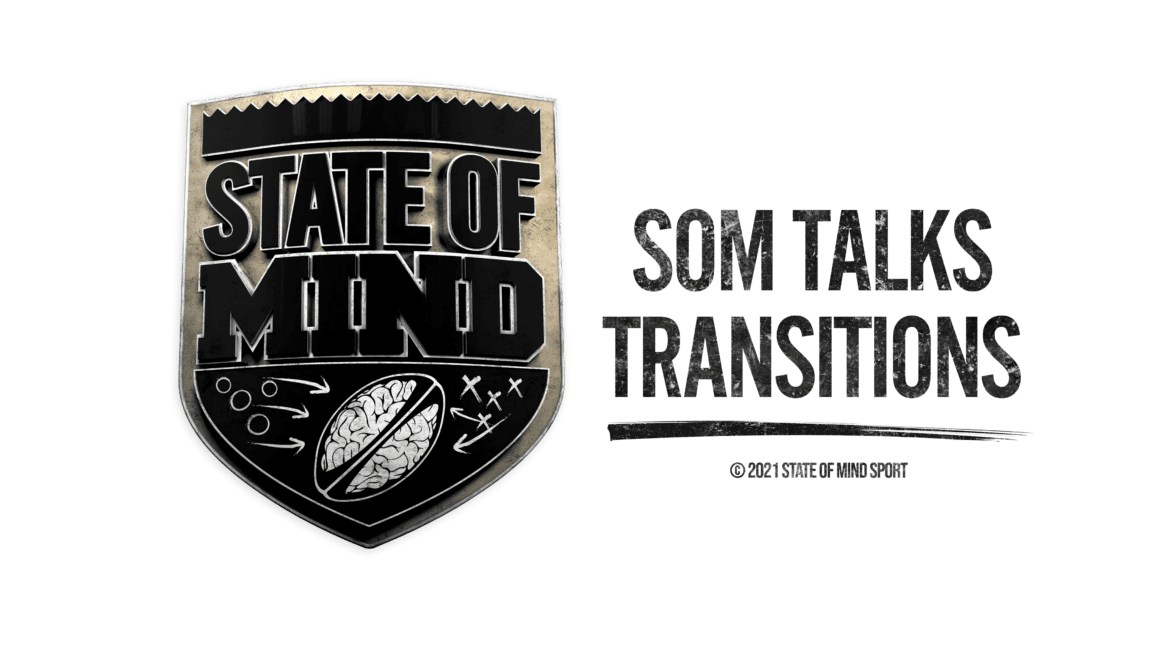Former Super League star Matty Blythe says a radical career change has given him a perspective on life that he would otherwise never have achieved.

The ex Bradford Bulls and Warrington favourite gave up his life as a professional sportsman aged just 28, to provide close security for bomb disposal experts in ISIS strongholds in Iraq.
Opening up to host George Riley on the official SOM Talks podcast from award-winning mental fitness charity State of Mind Sport, Blythe revealed his extraordinary career change was the best thing he has ever done for his own mental health.
“I hated playing, I hated rugby league at that time. I was way gone,” he said of the realisation something major in his life had to change.
“Everyone goes through that part of their career. The biggest part of my character is smiling, and I was like that but it was completely false. And that was massively mentally draining, so I knew I needed something different in my life.”
Blythe trained in hostile security whilst playing on as a pro with Warrington, despite having already made the decision that his heart and head were no longer in elite sport, with all its sacrifice, physical and mental strain.
He then broke a leg in his final game.
“It was difficult mentally to go through, and I ended up speaking to counsellors through State of Mind and Rugby League Cares to get through that.
“For me my health is the greatest thing. I hated not feeling the way I wanted. It would have been pointless to carry on. I’m glad I have gone through this transitional period as it made me miles stronger.
I’m proud of the person that I was when I was really good at playing rugby. And I’m proud of the person who thought it’s not the be all and end all, and there is life after rugby league.
“Sometimes you just get to a crossroads where your head just goes I’m not enjoying myself, which way do I go? Do I carry on the way I’m going or do I change something along the path. It might be a long journey but it might be worth it when you get to your destination.”
Blythe’s immediate journey out of rugby was one of the more remarkable tales of transition out of professional sport.
His first assignment after completing his hostile environment and close security training was to fly to Baghdad.
“I had 10 hours in Istanbul before Baghdad. I had a couple of pints as I knew that next flight was the one. Everything went through my mind. It was exactly like my first ever game, what if this or that goes wrong? It was draining, but as soon as I got there it was fine.
“My first mission was on my birthday. We went to a factory where Isis had taken a stronghold. We did a massive belt of IED’s (improvised explosive devices) and I was being taught what to look for and what we might find. That day I went back and slept for 16 hours, I was gone, my head was drained.”
Blythe spent two years in Iraq on a job full of adrenalin-filled highs and life-changing lows.
“One of my best mates over there who I was with for 18 months got killed, trying to detonate an IED. I’d never experienced someone that close to me being killed, just like that. I told myself it was part of the job but I just didn’t know how to deal with it. I was angry and upset. I’m never going to see this guy again. That was the worst thing we went through. Iraq were having problem with other countries so things were happening, there was lockdown and indirect fire into camp. One of my drivers got killed who was a local national. But I loved the job and I would go back tomorrow.”
Yet having taken such an extreme transitional direction out of his rugby career, Blythe immediately discovered further difficult emotions readjusting. But along that journey came a greater perspective.
“I hated coming back to civilian life. I hated the first world problems. I never thought I’d be like this. It was people complaining about the stupidest things. In Iraq we’d give people water and they’d be the happiest people in the world. People were living in buildings beyond repair but were happy. There were bullets in their walls but they weren’t bothered. Here people are worried that they can’t go to nandos during a pandemic. That really got to me. People in Iraq don’t have a clue how we live. We are the luckiest people on the planet.”
SOM Talks is the official podcast from award-winning mental health and fitness charity State of Mind Sport.
Hosted by George Riley, each episode explores themes in line with the unprecedented and unique challenges that we are individually and collectively facing right now.
The inaugural series explores Transitions – the mental health challenges associated with major life and career changes.
SOM Talks is available on all major podcast platforms from tomorrow morning

